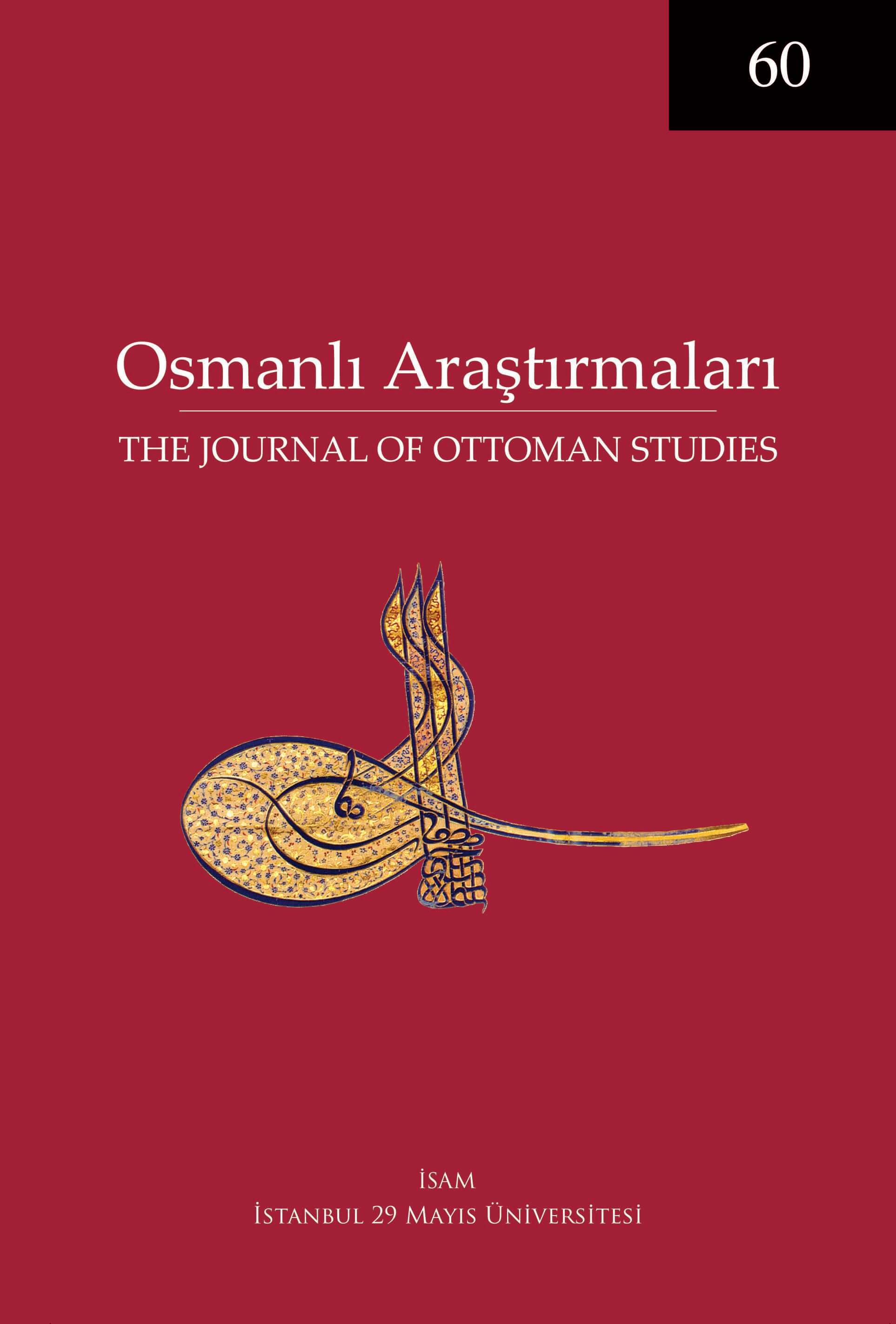Arapçılık ve Helencilik Arasında Osmanlı Devleti: Kudüs Rum Ortodoks Patrikhanesi Krizi (1908-1914)
Anahtar Kelimeler:
Kudüs Rum Ortodoks Patrikhanesi- Arap Ortodokslar- Rum Ruhbanlar- Osmanlı Devleti- II. MeşrutiyetÖz
Bu makale, Rum milletinin unsurları olan Rum ve Arap Ortodoksların ortak dinî değerlerini aşındıran bir sürecin krize dönüşen son evresini, kriz yönetiminde Osmanlı Devleti’nin rolünü merkeze alan yaklaşımla incelemektedir. Arapların Kudüs Rum Ortodoks Patrikhanesi idaresine katılım mücadelesini ifade eden bu süreç, 19. yüzyılın ikinci yarısından itibaren sosyal huzursuzluğa dönüşerek mahallî Arapçılığı beslerken Patrikhanenin ‘Rum’ karakterini koruyan Rum ruhbanların tutumlarını da radikalleştirmiştir. 1908’e gelindiğinde Kanun-ı Esasi’nin ilanı, Arapların taleplerine yasal bir zemin sunduğu gibi ‘yeniden’ ortaya çıkan ihtilafa Osmanlı Devleti’ni bütün merkezî ve mahallî kurumlarıyla birlikte hiç olmadığı kadar dahil etmiştir. Ancak meşrutiyetin getirdiği hürriyet hislerine rağmen Osmanlı Devleti’nin meseleye geleneksel düzenin devamı ve asayiş ve güvenliğin tesisini merkeze alan yaklaşımı değişmemiş; Patrikhanenin, Arapların ‘milli kilisesine’ dönüşmesi engellenirken Arapların da katılımıyla kurulan Karma Meclise Patrikhanenin bazı görevlerine nezaret hakkı verilerek Rum ruhbanların yolsuzluklarının önlenmesi amaçlanmıştır. Nihayetinde nihai çözüm mercii olarak kararların tatbikine bizzat nezaret eden Osmanlı idaresi, ihtilaflı tarafları ‘devlet çıkarları’ doğrultusunda dengeleyebilmiştir.




